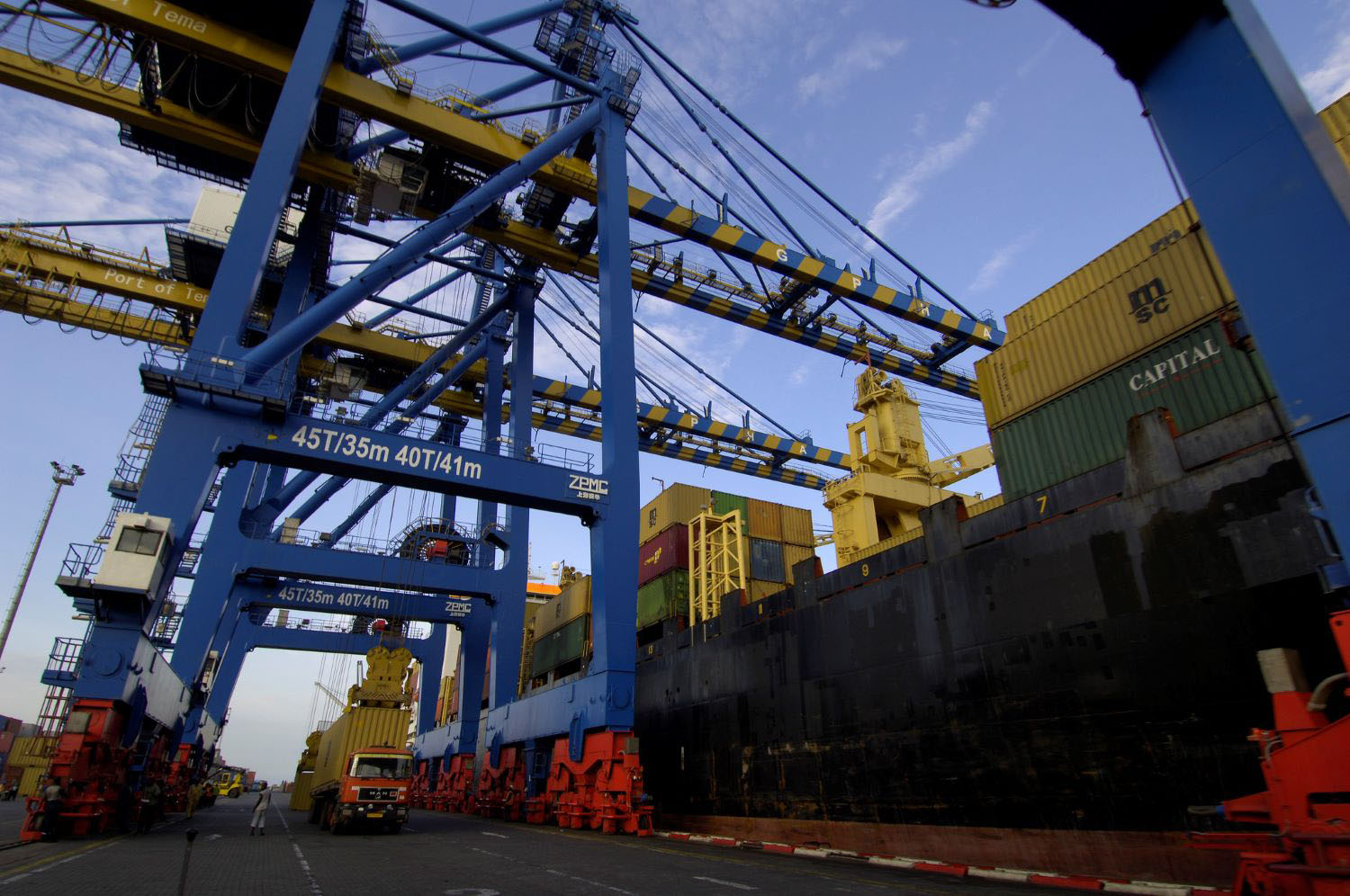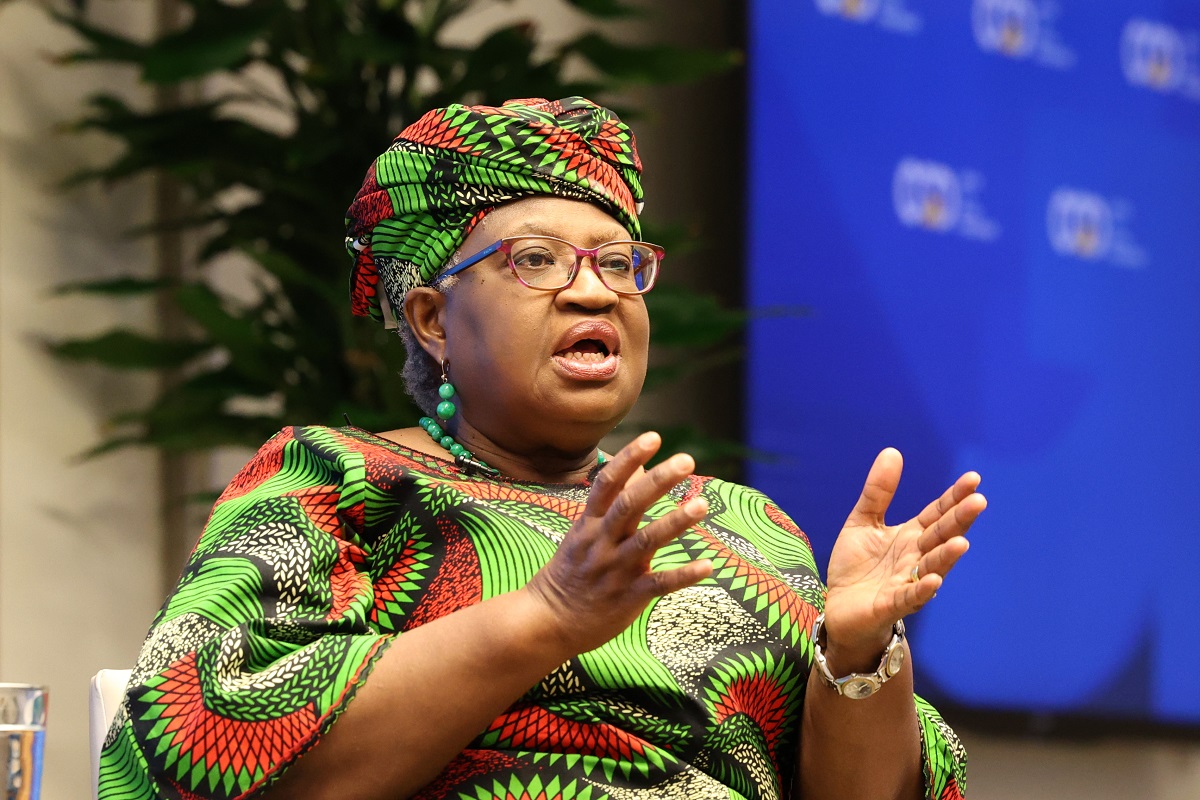Although there were significant efforts made on all sides throughout the negotiations and more progress made than anyone expected, the collapse of the Doha Round yesterday was unsurprising to anyone who tracked the discussions in Geneva over the past several years. What is surprising is that WTO Director-General Pascal Lamy managed to somehow keep the process alive despite increasingly explicit signals from key players that anything short of an agreement that magically delivered both market access for developed economies and market protection for emerging and developing countries would be unacceptable. The true goal has been a compromise that would not yield the large gains that were predicted at the outset but still allow everyone to declare victory and keep the multilateral trading system alive. It is a testament to the persistence of the multilateral ideal that an agreement was close despite the many obstacles ahead.Ultimately the underlying problem with the Doha Round was that the governments of developed, emerging, and developing economies were unable to agree on what a "development" round actually meant, or how to satisfy the principle of special and differential treatment for developing countries. The special safeguard mechanism (SSM) that finally burst the Doha Round balloon, while technically arcane, reflected embedded political concerns related to the timing and character of market liberalization in emerging and developing economies and the capacity of these countries to achieve sustainable economic growth and poverty alleviation in the context of what they consider to be a biased trading system. Say what you will about the methods used by Kamal Nath, India's minister of Commerce and Industry -- especially his stated unwillingness to consider the economic gains India has obtained and will obtain from a multilateral trading system -- one cannot deny that India must find a way to ensure that hundreds of millions of individuals still living in poverty can find a path to economic opportunity. Other emerging and developing economies face exactly the same conundrum.As for what is next, we are witnessing the fragmentation of the global trading system into a world of trading blocs -- regional and bilateral -- which offer no guarantee for continuation of the economic benefits we have seen in the post-World War II era. Based on what happened in Geneva, it would appear that emerging economies like China and India are not prepared to look beyond their self-interest. The US and EU remain tentative. Developing countries feel that a promise made by developed countries at Doha in 2001 to create opportunities for economic growth and poverty alleviation was broken. Although it is clear now that the Doha Round did not offer a sure pathway to development, it did offer a sense of hope for the future. For many poor countries there are no viable alternatives. Asymmetrical trade agreements with developed countries, negotiated with little leverage and no expertise will not necessarily provide them with any realistic opportunity for foreign investment and economic growth. The poverty trap could very well continue.In the United States, we cannot ignore this problem. It is time to carefully consider our role in the global trading system and how we will confront both poverty and instability. The uncertainties that are now apparent among the American public concerning trade -- the tangible fear of a loss of competitiveness and economic welfare -- has hindered any meaningful discussion of these issues. For a start, there should be a far more intensive effort to lay the political foundation among American public about the importance of trade as a mechanism for economic growth and the necessity of linking our national interest to that of the developing world. There should be explicit explanations about the unique and essential role the United States plays in the global economy, the importance of a multilateral trading system, the need for capacity building, and the implications of failure if we do not pursue a positive trade agenda. There should also be concrete efforts made to create a strategic vision for the U.S. economy, one that includes investment in critical industries of the future, effective training for those dislocated by economic downturns, and affordable health care for everyone.The collapse of the Doha Round locates developed, emerging, and developing economies alike at a crossroads. If the United States shuns its responsibility to create the economic foundation for political stability in the developing world -- if we do not see this as a critical and collective endeavor -- we all lose. And that has profound implications far beyond trade.
CGD blog posts reflect the views of the authors, drawing on prior research and experience in their areas of expertise.
CGD is a nonpartisan, independent organization and does not take institutional positions.





